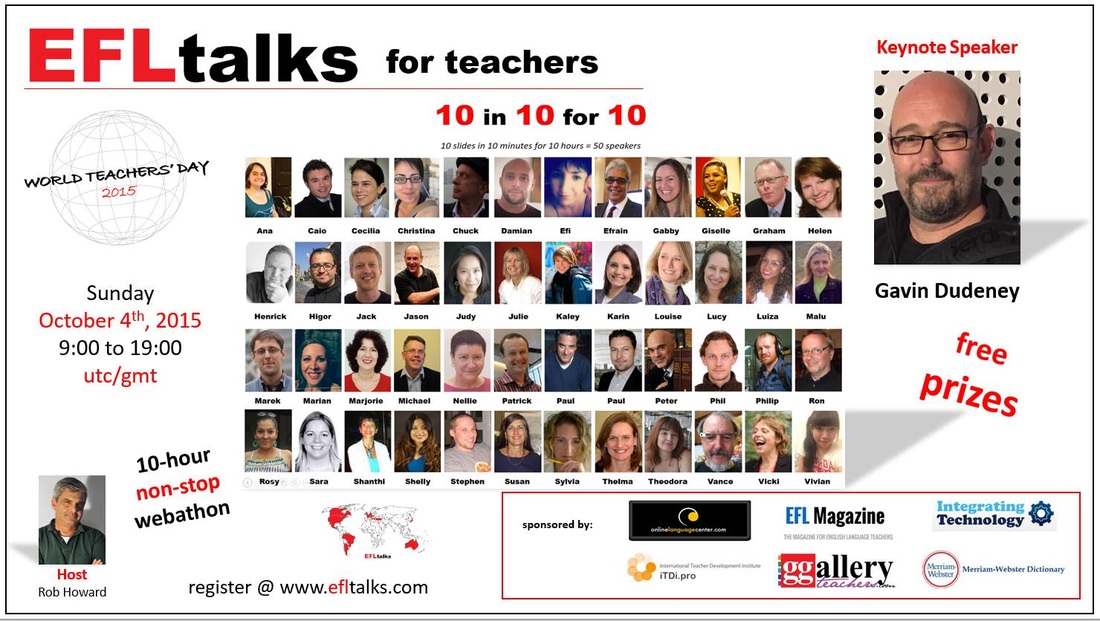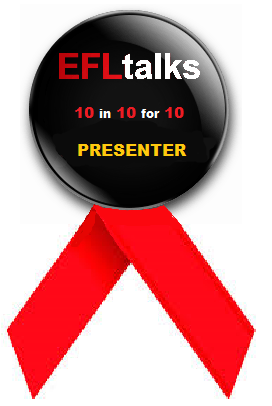|
Practise the Simple Present tense with your students using a FAST FUN SONG song in a Christmas them and revising morning routine activities at the same time. It can be used as an ACTION-SONG and the students will love it!! Let me know in the comments how you get along with this. Follow these tips and enjoy helping people learn English easily!! Your English fluency teacher, Susan You can download the script to the song here:
8 Comments
Homework correction is always a boring activity: - a chore for teachers at home which is of little benefit to students who will quickly look at the red annotations before putting it in their bag, mistakes forgotten in a few minutes; - a bore for students if done in class: one student reads the answers while the others daydream and rarely pay attention. So how to maximise the benefits of learning from one's mistakes? For years I have been implementing correcting together on a 1-1 basis, having the student read aloud and making him note that there's a mistake but not telling him what it is, so he has to reflect and possibly discover the mistake for himself. This has a dual effect: practicing speaking by reading aloud and actively noticing mistakes so that they remain embedded in the student's memory rather that just a fleeting correction ready to be forgotten. Implementing this in the larger context of a class is also possible. In pairs the students swap their homework exercises and take turns in reading them to each other out loud. If they notice a mistake, they say so, show it to their partner and make the correction. In this manner they are again practising their speaking, paying attention to mistakes (usually easier to find in other people's work) and learning from this observation and correction. Finally, everyone is concentrated and engaged, nobody is daydreaming and everyone is focussed, thus maximising the benefits of lesson time. The teacher goes around monitoring the pronunciation and corrections. Even though the teacher cannot be omnipresent, you will certainly have noticed that when a student makes a mistake out loud on the other side of the classroom, somehow you hear it because it irritates you. My students are always amazed that I catch out their mistakes when apparently I'm listening to others across the classroom. Try it out - it's good for speaking, grammar and an engaged class! Beneficial to all including the teacher, who has more lesson preparation time and less correction time available. Let me know in the comments how you get along with this. Follow these tips and enjoy helping people learn English easily!!
Your English fluency teacher, Susan
It is no news that practising a language with games makes boring work much more fun and as a result much more effective, too.
I am always trying to create opportunities to practise the language in a motivating manner and although I had already mentioned using random wheels such as those of Wheeldecide, I have recently been caught up in such a frenzy of wheel creation, inspired by the enthusiasm of my students of all levels & ages, that I thought I should share some of them here, in the hope of inspiring you to create more of these fun wheels. 1 - END OF YEAR REVISION (or as a STARTER for the new school year) The last days of school are always difficult to manage with everyone tired & looking forward to the holidays. So I devised a game with a wheel of random questions based on the content of the class book (in this case DIGITAL ENGLISH FILE ELEMENTARY & INTERMEDIATE) for my adult evening class students. Easy to play: hit the wheel & take turns in answering the questions. It was a great success with my normally not so easy to engage adults & at the end of the game everyone had practised speaking various times whilst revising a year's content. Would make a great starter revision activity at the beginning of the year, too. Create your own wheel based on your classbook or wheeldecide.com or feel free to use mine:
2 - TENSE REVISION
Combining two wheels can provide endless combinations of effective, fun learning. Take my TENSE REVISION WHEEL and combine it with a wheel you make specific to vocabulary or expressions you are studying (for example a DAILY ROUTINE WHEEL). Then spin them both: get students to say (and perhaps write for consolidation) what comes out: SIMPLE PAST + GET UP = Yesterday I GOT UP late. PRESENT PERFECT CONTINUOUS + WAKE UP = I HAVE BEEN WAKING UP in the middle of the night recently. As you can see, the game can be useful for all age-groups & ranges of ability.
3 - FREQUENCY ADVERBS & CHORES
Similarly for elementary students needing to practise frequency adverbs & simple present tense, my 3 wheel game can be an effective way of repeating the sentence structures until they become second nature: Spin the SUBJECT PRONOUN WHEEL , FREQUENCY ADVERB WHEEL & CHORES WHEEL and say or write what appears paying attention to the third person: He always sweeps the floor. We never do the washing up. Add a fourth wheel, the AFFIRMATIVE-NEGATIVE-QUESTION WHEEL, for a complete cycle of sentence structure training.
4 - GETTING TO KNOW YOU
This wheel can be made for various age groups & used at the beginning of the year as a class or even better in pairs (on tablet or mobile phone). I also used it at the end of my school year as a way of consolidating acquired knowledge with primary school children.
5 - VOCABULARY RECOGNITION IN PICTURE
Choose a detailed picture (for children I like those for the Cambridge Starters exam - yle-starters-word-list-picture-book) and teach the vocabulary, verbs & expressions. Then write them on a wheel, spin & have the children identify the various words & expressions but showing them to you in the picture.
Remember to click the option to make the wedges on the wheel disappear if you don't want to repeat them.
Let the WHEELDECIDE and have lots of fun!! Please add any ideas of your own in the comments. Follow these tips and enjoy helping people learn English easily!! Your English fluency teacher, Susan
SPEAKING IS NEVER PRACTISED ENOUGH at any level and one of the easiest ways to do so while also REVISING VOCABULARY and TENSES is to take a pack of flashcards such as JOBS to represent people, take a pack of VERBS such as CHORES around the house and get students to turn over one of each card creating very SIMPLE FUN SENTENCES:
Cards: BAKER / HOOVER the living room Student 1: WHERE DOES a baker WORK? Student 2: A baker WORKS in a bakery. BUT the baker isn't working now. Student 1: WHAT's the baker DOING? Student 2: She's HOOVERING the living room. Cards: DANCER / HANG the laundry Student 1: WHERE DOES a dancer WORK? Student 2: A dancer DANCES in a theatre. BUT the dancer isn't dancing now. Student 1: WHAT's the dancer DOING? Student 2: He's HANGING the laundry. As you can see, it's good to practise affirmatives, negatives, questions, continuous tenses etc. Depending on which cards randomly appear, amusing sentences may be created. You can practise other tenses, too: Cards: BUTCHER / IRON the laundry Student 1: WHAT DID the baker DO yesterday? Student 2: He DIDN'T WORK in the bakery. He IRONED the laundry. Cards: POLICEMAN / MAKE the beds Student 1: WHAT HAS the chemist DONE today? Student 2: He HASN'T WORKED at the police station. He HAS MADE the beds. Cards: HOUSEWIFE / DO the gardening Student 1: WHAT IS the housewife GOING TO DO? Student 2: He ISN'T GOING TO WORK in the house. She'S GOING TO DO the gardening. The OBJECTIVE is to help students make sentences speaking and PRACTISE THROUGH REPETITION rather than through grammatical explanations. Using the language is the best way for students to learn it. You can also introduce frequency adverbs with a dice to add fun and practise. Please write any other ideas you may have in the comments box below. A FUN ALTERNATIVE is to SPIN the WHEELS below to create RANDOM sentences. (Make your own wheels at Wheeldecide.com) I hope these ideas were useful for you! Susan thereby unleashing their creativity, hiding their shyness to speak English behind the characters of the cartoon.Image credit: https://toontastic.withgoogle.com Hi teachers and language students! Have you ever heard of TOONTASTIC? Today I'm really excited to present to you TOONTASTIC, which I discovered very recently. It's an excellent app that you download on your phone. You then ask students to prepare, either spontaneously or with a script, a small sketch in which they take advantage of all the fun activities that are available on this to create a short story. It's very exciting, very easy to use, can be used offline as well and I'd like to give you some examples of what some of my students created in the video below. The very young students under age six need a lot of help with laying out the story and practising what to say before recording the one-minute scenes but older students are able to do it all by themselves. I also use this with some high school students and they can explain a scientific experiment, a historical event or represent a topic, as some 10-year olds did recently, by inventing a sketch on bullying which was very effective to convey an important message. Image credit: https://toontastic.withgoogle.com There are three possibilities: a 3-scene sketch called Short Story, a 5-part sketch called Classic Story or a 5-part Science Report. The students can use the characters proposed as they stand, customise them changing their colours, adding photos of the students' faces on them or drawing the characters themselves. For language learning purposes I ask them not to waste time on changing the characters because our objective is practising the English language. There are various settings to ignite the students' imaginations and in each setting many exciting things happen such as the cannonball shooting out when ignited, the volcano exploding when touched, the cable-car starting and stopping, doors opening and closing, all activated by the students touching various parts of the settings. The characters themselves also have exciting surprises such a those whose parachute opens, those whose tongue licks out unexpectedly and so on. As you can see, it's a very flexible app that can be used by all ages and what's exciting is that even shy students can speak because they hide behind the character and it really gets people talking. So the most interesting characteristic of this application is that we're getting students to finally speak and speak spontaneously. That's why I don't correct every mistake they make because it's better for them to become confident making a few mistakes than correcting every grammar point and then being shy to speak. So I definitely recommend TOONTASTIC. Have fun with it, try it out and as you can see, at the end it really turns out like a real film: they also show who made it which makes it a little more fun and realistic - directed by... starring... etc. Please write your experiences with the app in the comments below. It will be really interesting to hear all the different ways you use this app. Hoping to have shared some useful information. Your fluency teacher, Susan Images credit: https://toontastic.withgoogle.com Today I'm here to talk to you about how graded readers can improve your English. Now I know you are always very busy and that reading is something you can't do whilst you're doing other activities. However, there is a fantastic website which I'd like to recommend to you because you can download an e-book absolutely free and you can download the audio accompanying it. That means you use the audios whilst you're driving to work and you have the PDF or even mobi for kindle or epub for Apple devices so that you can read them, too. You can read these books and whilst you're listening or you can listen and read separately but the fact that you're using your ears to listen and your eyes to read these are two senses which will help you consolidate the expressions such as phrasal verbs, vocabulary, the idioms and the grammatical construction of a sentence. This means you won't have to use traditional text-books to practice your English because you'll be picking it up very naturally as if you were in full immersion. That's why I recommend you read a lot but these books are especially good because they are graded according to levels and this means you'll start with a low level and you won't have the frustration that it's too difficult for you. Then as you improve, as you experience success, you'll be motivated to go to the next level and if you do it very gradually you'll notice the improvement very, very quickly and English will become very natural for you. It'll actually be very good if you sometimes stop an audio and then just repeat it with the same intonation and so also improve your fluency. The website is called https://english-e-reader.net and these are graded readers. You can download them or read them online for FREE. The website is divided into elementary, pre-intermediate, intermediate, upper-intermediate and advanced. These adapted books are one of the best and most interesting ways to increase your vocabulary and improve all your English skills quickly and easily. There is a very wide choice of books of all kinds from classics to quite modern books so you can really choose anything. Every book will show you the book cover, give you a small description of what the story is about, tell you how many total words there are and how many unique words. It'll also give you a few words that you may not know. What's exciting is that you can also download the mp3 versions so that you get them all. I think it's quite exciting actually because you can also have the audios to listen to when you don't have time to read. That way you make sure you are 'reading' a little every day but also practicing your listening skills. There are lots of audiobooks on the web but very often they've been it read by volunteers and they're not a very professional nor particularly exciting. Instead these are really read by professional actors in an exciting way with background music to give the atmosphere just like in films. That's why I recommend this website rather than other ones because at NO COST you have a really professional audio. I suggest you use this website so that you can improve your English by practicing daily listening, reading or listening and reading together. Tell me if this suggestion was useful to you and I'd love you to comment in the box below how you get along with them. Your fluency teacher, Susan Chants are a very repetitive way of embedding expressions in the brain so that they become second-nature and just 'sound right' without having to resort to learning grammar rules and translating from one's own language with the inevitable often horrific results. I have been setting expressions to music and rhythmic chants for decades with excellent results. What did you do today? is an action song for kids, which, through repetition, teaches the question form in the past simple tense, the answer with relative prepositions, shop vocabulary, infinitive of purpose and prepositions with transport. The idea is that you fix these expressions through repetitive chants so that they flow from your mouth spontaneously when you are speaking, without having to think. After having written and recorded a video of the song I realised it contradicts my lessons on the Present Perfect Tense always being used with 'today', 'this week' etc. and according to the grammar books you shouldn't use 'today' with the Simple Past Tense. This proves that a language is alive and more flexible than the rigid rules of a grammar book because the sentence is completely natural and widely used. The explanation lies in the fact that this question is asked at the end of the day when the events have already taken place and therefore are considered to be in a period which is completely finished, therefore using the Simple Past Tense despite the word 'today'. I hope you have fun with this repetitive chant. You can download the worksheet to the song below. Hope it's useful! Susan
Do you know the three peculiarities of the British Christmas? Every Christmas celebration in the world has its own traditions and the British Christmas has three peculiarities. The first one is Christmas cards: we hang our Christmas cards around the house on a string with tiny pegs because we tend to send a lot of Christmas cards, but really hundreds... I used to prepare about a hundred hand-painted Christmas cards and I used to write the address on each envelope by hand, the sender, then I'd choose a pretty stamp, which is very hard to get nowadays and I'd write a personal note inside each card after which I would send the 100 cards. However, the English peculiarity is that we don't only send cards to friends and relations who live far away but we also send cards to our neighbours and we generally put them in the post. This gives a lot of work to the postal services and that's why most Christmas cards should be sent by the beginning of December to make sure they arrive on time. So this is the first peculiarity: sending Christmas cards even to your colleagues, even to your neighbors but all through the post. Then another peculiarity is our Christmas cake. Now every country has a different kind of cake to celebrate Christmas; for example the Germans will have the Christstollen and the Italians will have the Panettone or the Pandoro and the British have a Christmas cake but particularly the traditional Christmas Pudding at the end of the meal on Christmas Day. Now what's peculiar about it? Well, it's really made many, many months in advance. Most of my friends prepare it around August and then once it's made with all the different dried fruits and a little bit of brandy it's cooked for many many hours. Depending on whether you cook it in the pressure cooker, because it's steamed, or else traditionally in a pot, it'll take quite a few hours to cook. In fact, on Christmas Day it's then steamed once more to revive it. When it's cooked we don't put it in the freezer and we don't put it in the fridge, we put it in a cupboard and about once a month we douse some brandy over it which will help it mature and will help it also be preserved with the alcohol. Some people say that brandy is a very good preservative and that Admiral Nelson's body, when he was killed at the Battle of Trafalgar in 1805,was apparently preserved completely immersed in a cask of brandy on board until they reached land. On Christmas Day we pour a little bit more brandy on it then we light it flambé and then we eat a piece which is very, very rich so you only need a small slice otherwise you'll have difficulty digesting it, as happened to someone I know when he got indigestion and had a terrible temperature the next day! Therefore, peculiarity N°.1: lots and lots of Christmas cards; peculiarity N°.2: this cake which is pre-prepared really a long time in advance and peculiarity N°.3: is the Christmas cracker, which some children think is a giant sweet. Well, no it looks like a sweet but it isn't. Every family will place a Christmas cracker next to their plates and generally, just before the meal, they will hold the cracker with the person next to them and pull it. Inside there's a little piece like a paper stick and this crosses over in the middle inside the cracker so that when you pull it it goes crack - that's why it's called the cracker. You crack open the cracker and inside you'll find a small present just like those in Easter eggs, that means of no value, then you'll find a joke which will make you laugh and finally you'll find a paper crown. Now what I find particularly peculiar is that everyone, not only children and grannies, but also your doctor, your teacher, the police inspector, everyone will spend Christmas Day eating with this crown on their head, which I think looks a little bit ridiculous but that's a tradition in England. Very often they're all different colours. These are three peculiarities of a British Christmas. What about you? Are there any peculiarities of Christmas in your country? I'd really enjoy reading about them in the comments below, so please put down any peculiarities of Christmas in your country. Looking forward to hearing about them, Best wishes for A WONDERFUL NEW YEAR!! Susan Every Christmas we teachers rack our brains to think of new as well as traditional activities to do with our students as the festive season nears.
Over the years I have started preparing children as early as the end of October so as to be sure they knew their Christmas carols and plays off by heart. However, as a teacher, repeating activities year in, year out, can become less stimulating over time. Therefore I have explored other ideas suggested to me and decided to adapt Christmas activities to learn more language useful to us throughout the year as well as listening comprehension and speaking skills. I have now compiled a small E-Book of my more successful OUT-OF-THE-ORDINARY CHRISTMAS ACTIVITIES in the hope of being able to stimulate other teachers who may want to deviate from their usual Christmas activities. Looking forward to any feedback regarding these activities and hoping you may want to contribute with more of your own in the comments below. Susan's OUT-OF-THE-ORDINARY CHRISTMAS ACTIVITIES for practising English ESL can be downloaded here. Wishing your creative Christmas endeavours bring fruitful progress to your students... Have a wonderful festive season! Susan Was your textbook in English written by a native speaker? Today I'd like to talk to you about the importance of a book being written by a native speaker if you have to learn English or other subjects in the English language. I was in the Netherlands for a few days and I was sitting on a bus when the girl next to me pulled out her English-language textbook. She was going to university and she was revising. On the first page of her open book it said 'Present Time' and all the exercises were referring to the Present Tense so I thought it was unusual. Then and as she flicked through the book she got to the page where it said the 'Past Time' and again I was quite surprised because in English we don't say 'Present Time' and 'Past Time' but we say present tense and past tense - I didn't see the cover of the book but I presume that it was written by a Dutch person because in other languages they do speak about 'time' but in British English we say “tense” so this brings me to the subject which I've been thinking about for a long time. I've been teaching for about 40 years now and very often students will come to me with their book. It may not necessarily be an English language learning book, it could be an English literature textbook, a history book, a philosophy book, a university text on architecture but in any case a textbook that has been written by a non-native speaker. Now I know that non-native speakers have a lot of advantages because they can teach people remembering the difficulties they went through, so I'm not against non-native speakers but I do find that when I read a textbook which was written by a non-native there may not be actual mistakes but the words just don't flow – they don't sound natural and you often lose the information in the flowery language. In the past at least three English literature books which I read, written by Italian non-native speakers, were correct grammatically and very fluent; however they just didn't sound English because English native speakers, when they talk about history or literature, are very concise: they give the information, they don't go round in circles, while in other languages, the Latin-based languages for example, they tend to be very flowery, they don't go straight to the point. So when I was reading these books, trying to help my students, I realized that had they been written in another language it would have been fine but the English just don't do that, the English go straight to the point in textbooks (they are not like descriptive novels). The other day an architecture student had to summarize a 15 page article by a Portuguese author written in English. I tried reading it myself and it was almost impossible to separate the information from all the beautiful flowery descriptive language. This is probably perfectly acceptable in Portuguese but made the task daunting. I've also noticed that some English language learning textbooks have two authors of their own country plus one who is an English native speaker. The impression I have there is that the book was actually written by the non-native speakers and then probably given to the native speaker to check for mistakes. Now I don't know whether the native speaker reads every single line or whether he just browses through it but those are the books where I find there are no mistakes however that they just don't sound as if they were written by a native speaker therefore that name doesn't really count as an author. In my opinion, if you have a choice, buy books written by native speakers. Then if your school sets books which were not written by native speakers, why not ask them and find out if it's possible to have a different kind of textbook. The book I was looking at two days ago on the bus, the one which said present time and past time didn't actually have any other mistakes, it was explaining the grammar very well but the actual title was wrong so I do believe in using language learning textbooks being written by native speakers even if non-native speakers are equally good, if not better than native speakers, at explaining the language because they've been through the learning process while native speakers haven't, so non-natives can maybe relate better to students. Therefore, non-native speakers are a very valid choice if they're explaining things to you but maybe not such a good choice when writing textbooks. I hope you find this advice useful. Susan Check out my YouTube video: Well, my theory is that it's best to learn to speak English, or any language if it comes to that, naturally. Therefore it's fine to learn grammar and vocabulary in the traditional way but that won't really help you speak it naturally. You have to think of languages as a puzzle. Every language has its verbs, subjects, objects, prepositions, adverbs, adjectives etc. but every language has a different combination of these. If you can think of language like Lego pieces - some languages will, for example, have the adjective before the noun and others will have it after the noun, so learning all these things individually doesn't really help you to speak naturally and correctly. So what's the best way to learn to speak naturally and as a result also write naturally? Well, the best way is to think of these puzzle pieces in bigger chunks, learn them and then put the bigger puzzle pieces together and that will help you speak more naturally. Now, of course, you need to practice this. Practicing anything is the best way: so if you want to remember that an adjective goes before the noun, as it does in English, you have to remember the structure and practice it in many, many ways: you can say, “my sister has long curly hair, my son has short curly hair, my brother has short wavy hair" and if you repeat the structure in various contexts, slowly, slowly you'll get better at it. The important thing is to repeat the longer structure, the longer puzzle piece and then put the puzzle pieces together. So the trick is to take chunks, complete chunks which you can pick up from books, audios podcasts, films, anywhere - you can notice notice them even in your traditional books, the ones that you've been studying; you can notice that there are pieces we fit together and then you have to practice them all the time in your daily life. For example, you know that TO is usually connected to movement so you can say, “I'm going TO the supermarket, I'm going TO work, I'm going TO church, I'm going TO hospital” and if you practice it enough “ going TO will become second nature. Of course you have to remember the exceptions, such as “going HOME” which doesn't have the preposition 'TO'. The best is actually if you can personalize it and make it something that is important to you and therefore you'll remember it. For example you could pick your daily routine to practise using “go TO” and start off with: "in the morning I go TO work but on the way I take the children TO school then when I return HOME I go TO the gym - so if you are putting it into a personalised context it's that much easier to remember and much more meaningful. So try it out and let me know how you get on. I hope you find this advice useful. Susan International venues are the perfect place for you to practise your English & for me to discover mistakes which I can teach my students to avoid. Today I'm at the European Inline Speedskating Championships in Portugal & the speaker is doing an excellent job of introducing the skaters and cheering them on, giving us the results in a variety of languages, the main one obviously being English. He speaks it very fluently and comprehensibly but makes mistakes because he sometimes thinks in his own language and uses the wrong collocations. As we were leaving the track, for example, he kindly wished us, "Make a good lunch!" Now MAKE LUNCH means to prepare it whilst he almost certainly meant, "Have a good lunch", because HAVE LUNCH means to enjoy lunch. So it's very important to learn chunks of language to sound as natural as possible. Chunks can also be longer groups of words which are always used together. When you read, listen to native speakers and watch films, observe the sentences which are used repeatedly together and learn to use them so you sound natural. Chunks are like Lego pieces of different colours, sizes & lengths. You can build them together in various combinations but you will always sound more natural than if you translate. Take my word for it, use chunks to sound more natural! I hope these tips were useful for you! Write some chunks in the comments box below for others to learn. Your English fluency guide, Susan Now I'm not asking you to give up your life, as my daughter did, to improve your English... You have a series of goals in mind in your life: they may seem far-fetched and impossible to reach. Don't let anyone tell you you can't reach your dreams! I know there are many motivators out there who will tell you you can do anything you want if you just set your mind to it. I know you are sceptical but I have real proof of it in my own family! I am a teacher and meet many students who progress in their school career and start giving up their passions because school has gradually become too demanding. It is true that school becomes demanding depending on the one you have chosen but it is such a pity to give up your passions - those are the ones that give you joy in life!! My 18-year-old daughter is no genius, but a hard-working student and athlete who has very high standards for herself. Her life at high school consisted in 6 days of lessons from 8-1pm, a short break for lunch with a regenerating 20 minute power nap before getting to her books for homework & studying from 2.30 - 6pm. Intense sports training from 6.30-8.30 pm and after dinner more studying or up at 5am to finish off studying for a test. Result: last Friday she took her final oral high school leaving diploma exam, hopped on a plane to Portugal to race with her national team in the European Inline Speedskating Championships and ended up with a GOLD MEDAL becoming European Champion in that particular race. She is only one example of success when you really believe in something: another top student of mine has always fitted her acting & journalism passions into her intense study timetable, another is a European Karate Champion - I've said it before: where there's a will there's a way. What does all this have to do with language learning? CONSTANT REGULAR PRACTICE is THE KEY TO REACHING YOUR GOALS and you should never listen to others who will tell you it's impossible: you aim for it, keep your goal well in front of your eyes and 'go for it'! I know non-native speakers of English who aimed at honing their accent to a point where I can no longer hear they are not native - they aimed at the near impossible and reached their goal. So now I'm not asking you to give up your life, as my daughter did, to improve your English, but I am asking you to make a small, constant, regular effort to do a little everyday, always: read a book in English for 15 mins, sing a song, write your shopping list in English, speak to yourself in the car, keep a diary with a few lines on how you spent the day, listen to a podcast you're interested in. Do it everyday and you too will reach your goal and improve your English! Remember - a little every day! Write in the comments box below what you did to improve your English today. Your English fluency guide, Susan What’s the best way to learn a language? There are many methods and theories but let’s look at the way we learn our native language. A baby is born without being programmed for any particular language and this baby spends the first year of its life sleeping and listening. Gradually it listens more and it sleeps less; finally it starts trying to repeat the sounds it hears. After about a year and seven months a baby can usually say its first complete sentence. Now a baby doesn’t study grammar – all it does is listen. Around the age of three it has acquired sufficient vocabulary and sentence structure to speak correctly in the language of its surroundings – in the language of its family. In fact if each parent speaks a different language to the baby, the child will learn both languages and will speak to each parent in their own language. I speak from experience as I myself grew up bilingual and my children have been speaking Italian to their father but English to me since birth. Babies don’t study any formal grammar but they study vocabulary and expressions by association. They associate a sound, a word, with an object. So babies learn the language directly by listening and they pick up vocabulary and grammatical structures in context. Babies only learn in context, by associating images, objects, situations, and people with the language they hear. This is the reason it is fundamental to speak to your students in English from the first day you meet them. The more they listen to you speaking, the more they’ll pick up and memorise even subconsciously. I’ve been teaching myself Spanish mainly by listening to audios and travelling. Last week I texted a friend that my daughter had won a gold medal and I first wrote ‘ganado’ but it just didn’t ‘sound’ right. I then opted for ‘conseguido’ which sounded correct and a moment later I was congratulated for her having ‘conseguido’ (won) this medal. I had never studied this verb before but I had somehow absorbed it – listening gives you ‘a feel for the language’! As a result the best way to learn a foreign language is first and foremost by LISTENING in order to associate an object or a picture with the word, an expression in context. The brain must connect the word or expression with its meaning without translating. This ASSOCIATION is very easy for the brain whilst translating makes it work twice as hard. The brain already has its image bank – all it needs to do is associate various ‘synonyms’ (even in various languages) to it. Instead translating is like putting the words of languages into separate drawers – the brain has to open two drawers, find the puzzle pieces in each language and put them together. Sometimes it picks the wrong pieces and horrific translations result! Look at what happened when a clothing company consulted a dictionary without the help of an expert: Made in Turkey became Made in the bird you roast for Christmas. Or when someone confused the Latin-American Spanish for Pope with potato and the Pope was greeted with Welcome Potato! Ironically you have to know a language to use a dictionary correctly. I always speak English with my students directly from the start – which means that I adapt my language to their level and if they are complete beginners I will speak very slowly and clearly using very simple language with gestures and pictures. This makes both teaching and learning very arduous at the beginning but if the students understand that they need to be patient and persist, they will reap the benefits. This is no easy feat: a few years ago I had an evening course of complete beginners including 2 retired couples. I only spoke English and we slowly progressed. They seemed to be very unhappy that I insisted on speaking only English to them. Halfway through the course the two elderly couples left on a three-week cruise through the Mediterranean missing quite a few lessons. On their return they told me that they had been the only ones of their group to communicate in rudimentary English on their holiday but what had surprised them most was that they were able to understand. They completed the course with a renewed attitude, to my great satisfaction. When I teach beginner adults in a class, my very first lesson deals with getting to know each other so we discuss in very simple sentences who they are, where they live, what their jobs and hobbies are, their families… Then towards the end of the lesson I write a paragraph on the board which acts as a scaffold for their oral introduction to the rest of the class. One by one the students speak reading the sentences and filling in the gaps appropriately according to their personal situation. They leave the lesson feeling it was very difficult and tiring but they had already managed to speak about themselves in English and that was a great satisfaction. One should always try to end a lesson on a high note so students feel satisfied despite their difficulties. When I teach, speaking only English to my students, I aim at teaching them specific language and expressions, but I inevitably use daily language that I had not intended teaching formally. As a consequence I find my younger students in particular using expressions I had not planned such as, “I have an itch!”, “It’s itchy!”, “You’ve got a terrible cough!”, “Bless you!” when they sneeze, “Oopsy daisy!” (a typical British expression for when something falls down accidentally), “Really?!” when they tell me something interesting - even if they speak to me in their mother-tongue, I always reply in English. Depending on their age and proficiency I allow myself to understand them in their own language or insist they express themselves in English. So children and adults pick up the language you don’t realise you are using. The same goes for texting: When I text with my students in English I sometimes use expressions they don’t know, so they will text back asking, “What does I’ll let you know mean? What is ASAP? My students are picking up language they would not necessarily learn in class but only in daily Picking up the language in context gives you expressions, phrasal verbs without having to memorise them and think – they just come naturally. My sister-in-law came to my evening classes after a long day’s work. She always asked if she could only sit and listen because she could no longer concentrate. She was not particularly talented nor motivated, nor did she study at home. Despite this she told me that on one holiday with her friends who spoke no English, she managed to solve various problems at the hotel – the words just came out and she had no idea how. This is an example of the power of the brain to absorb language… Not only language but also people are associated with language - my school students are so used to associating me with English that if I meet them outside the classroom context, in the corridor, at the supermarket, they will still speak to me in English – it’s just natural for them. They don’t even dream of speaking to me in their native language. When you learn a language you should associate an expression or a word with an object or a situation. You learn these associations in chunks – by doing so its not necessary to learn the grammar in the formal sense because you pick it up and embed it in your brain just as it stands and over time you will put these pieces like a puzzle together and form correct sentences. That’s why its important to surround yourself with the language – set your computer, mobile phone and social network settings into the language you are learning. Read, listen and watch as much as you can – immerse yourself fully in the language even if you can’t travel there. Some social networks also connect you to people who want to exchange conversation with you if you speak to them in the language they are studying. Full-immersion is fundamental to language learning and if you can’t go there you must surround yourself with it here. Check out more EFL talks like this one in EFL talks - The Companion Guide: Teachers Teaching Teachers HOW do CHILDREN LEARN A LANGUAGE so easily? The SECRET to FLUENCY!! - Student learning tips25/6/2017 What's the best way to learn a language? |
||||||||||||||||||||||||||||||||||||||||||||||||||||||||||||||||||||||||||||||
|
|
||||||||||||
First of all LEARNING has to be FUN for younger students and at least ENJOYABLE for adults.
- so to start with, for the younger ones ACTION-SONGS represent a fun, repetitive and meaningful way to learn natural expressions easily.
- once the expressions have been introduced, by action songs, flashcards or other means in the case of adults, I usually get them to play SNAP with the cards seeing if they can think of a complete sentence using this expression, perhaps adding a little fun by ringing a bell for the first person who can think of a sentence.
- but the MOST INTERESTING repetitive FACTOR which HELPS the STUDENTS CREATE and PRACTISE NATURAL SENTENCES is the introduction of SPECIAL custom-made DICE with the language you would like them to practise.
- Every time they turn a card they have to throw one or more dice and create sentences accordingly. As you can see from the picture, it’s very easy even for beginners or younger students to form sentences and the constant repetition helps them instill the grammatical structure naturally so they get a feel for the language just as a native learner does as he’s growing up.
- Custom-made dice I have been using are:
- Subject pronouns
- Frequency adverbs
- Time expressions
- Expressions for Present Perfect (already, just…)
- Expressions for Simple Past (yesterday, ago…)
- Clock faces for learning to the time
- + affirmative, - negative, ? question to practise all forms
- Object pronouns
- Possessive adjectives
The games I have been using recently are a complete success in the amount of fun the students have not only playing but managing to create a lot of correct sentences with the pronouns I, he & she, the frequency adverbs and a time expression. I have introduced affirmative, negative & question dice for older and more proficient students. I recommend trying it out for yourselves!
Check out my latest Household Chores Routine Song for some language to make playing cards with, as well as my recent Morning, Afternoon, Sports & Clothes Routine Songs
I hope you find this useful.
Please leave any comments below and if you like this blog, please subscribe for more updates.
Susan
|
|
| ||||||||||||||||||
|
| ||||||||||||
As a follow-up to the latest new ACTION songs I created a couple of weeks ago, I decided to involve my students in creating flashcards for the expressions so as to consolidate them in their minds. They subsequently played SNAP with the cards with the added fun of a bell when they could think of a complete sentence using this expression. The results were amazing because they not only created sentences about themselves but also about their family members, resulting in the use of the 3rd person and consequently having to remember the addition of the ‘s’.
The games were a complete success in the amount of fun they had not only playing but managing to create a lot of correct sentences with the pronouns I, he & she. I recommend trying it out for yourselves!
See my ACTION-SONGS on my YouTube Channel.
For example:
MORNING ROUTINE song for kids
AFTERNOON / EVENING ROUTINE song for kids
SPORTS Routine Song for kids
CLOTHES Routine Song for kids
PREPOSITION Chant
DAILY ROUTINE Song
DIRECTIONS Chant
I hope you find this useful.
Please leave any comments below and if you like this blog, please subscribe for more updates.
Susan
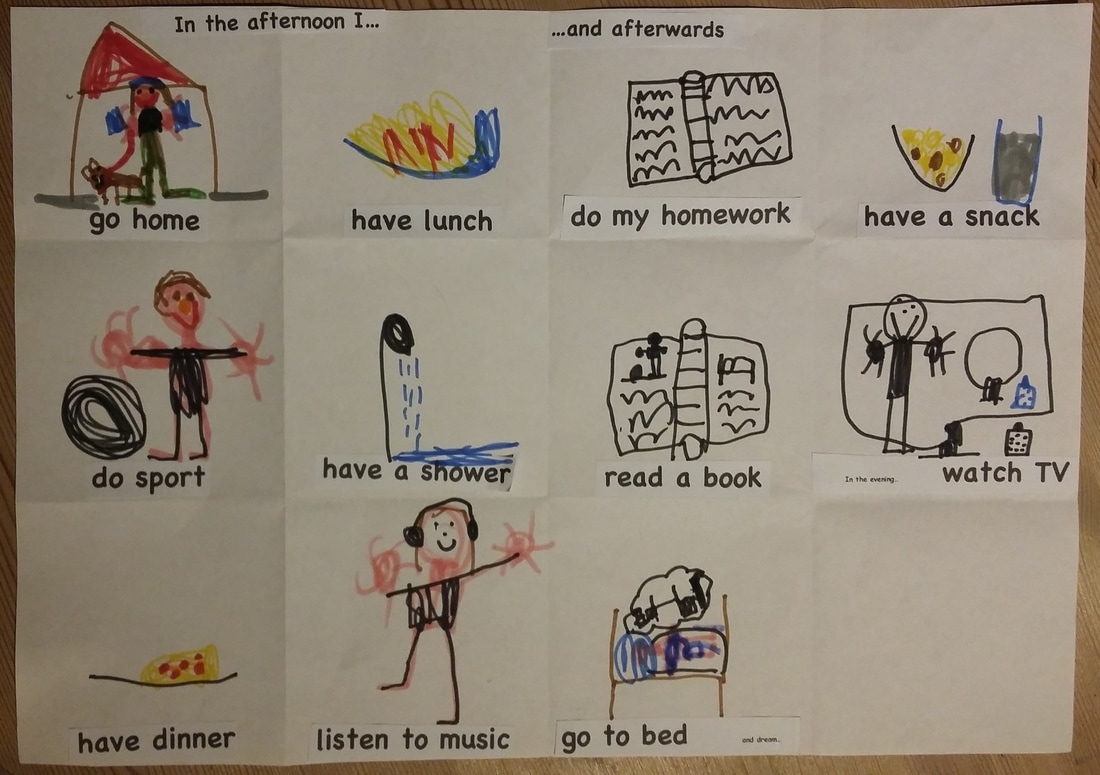
I have therefore created various new ACTION songs, the first two of which I’d like to share here, apologising for my terrible singing voice on the videos but the objective is to teach language and get the students to learn spontaneously having fun.
There is nothing new in the words of these action songs compared to already existing versions except that I get them to shout out the previously sung actions after each line of the song so as to revise the words and pronunciation, fixing them in their minds.
The final step is to get them to draw the pictures of the actions they have just learnt, thus consolidating the expressions.
I hope you find this useful.
Please leave any comments below and if you like this blog, please subscribe for more updates.
Susan
| | |
|
| ||||||||||||
Categories
All
Acting
Adults
Advanced
Birthday
Children
Christmas
Describing
Elementary
Game
Grammar Revision
HEARTELT.ORG
IATEFL
Intermediate
Listening
Listening Comprehension
Modals
Passive Tense
Past Simple
Prepositions
Present Continuous
Present Perfect
Present Simple
Pronouns
Pronunciation
Reading
Reflections
REVIEW
Scanning & Skimming
Senses
Songs
Speaking
Strategies
Teens
Toddlers
Writing
Author
My name is Susan Brodar, born in London into a multilingual family and brought up bilingual English / Italian.
I went to school in London until 15 when we moved to Germany where I finished my British education at Munich International School. I started teaching Italian at evening classes aged only 17 and studied Mass Communications and Journalism at Munich University.
I continued teaching parallel to interpreting at trade fairs and business meetings as well doing translations. After working at the Italian Institute for Foreign Trade for a year I married my Italian globetrotting companion in 1983 and we set up our home near Venice, Italy where we continue to live with our two teenaged children.
Having taken my British High School-leaving ‘A’ Level exams in English, Italian, French & German I am completely fluent in all four languages and am taking a DELE certification in Spanish to complement them.
ENGLISH (native)
ITALIAN (native)
GERMAN (C2)
FRENCH (C2)
SPANISH (B2)
Archives
December 2018
October 2018
July 2018
January 2018
December 2017
November 2017
October 2017
August 2017
July 2017
June 2017
April 2017
February 2017
January 2017
November 2016
October 2016
September 2016
August 2016
June 2016
May 2016
April 2016
March 2016
February 2016
January 2016
December 2015
November 2015
October 2015
September 2015
August 2015
July 2015
June 2015
May 2015
April 2015

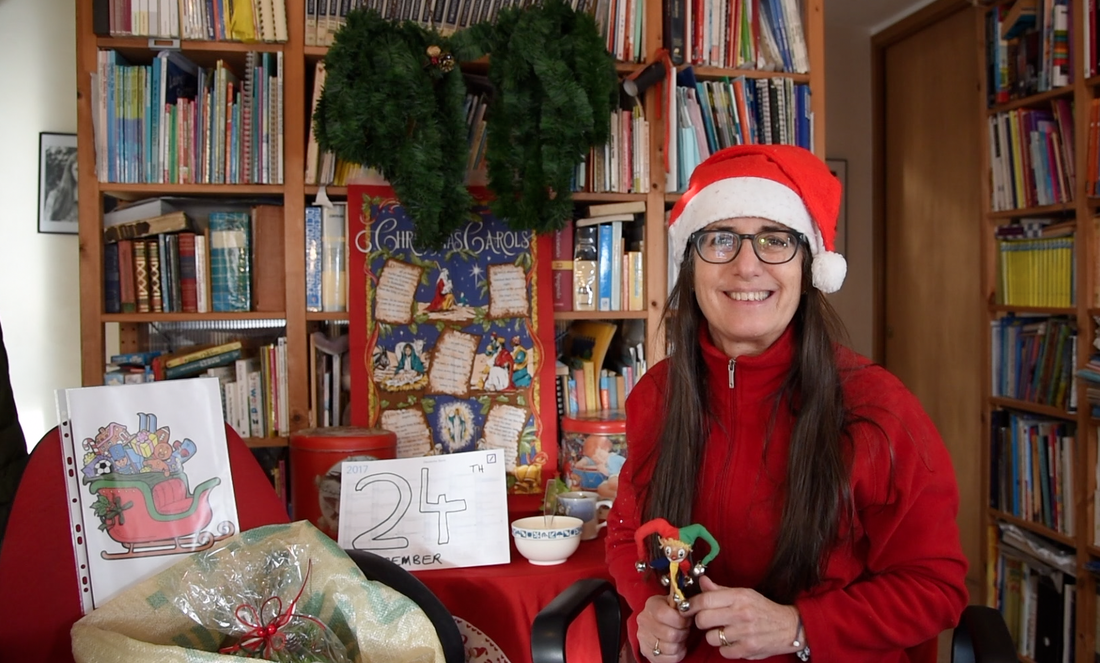
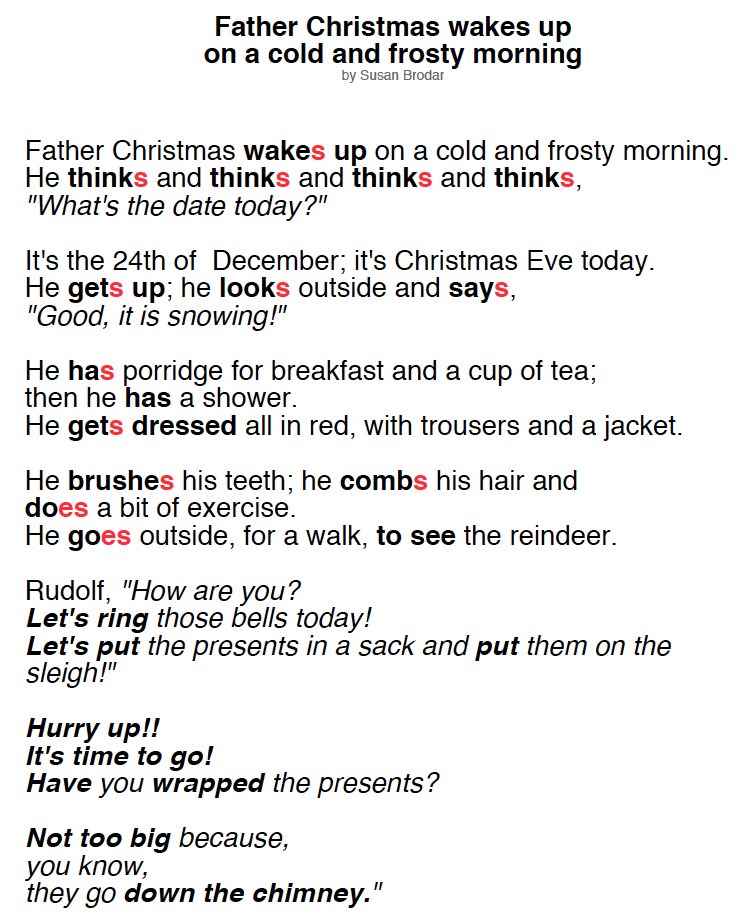
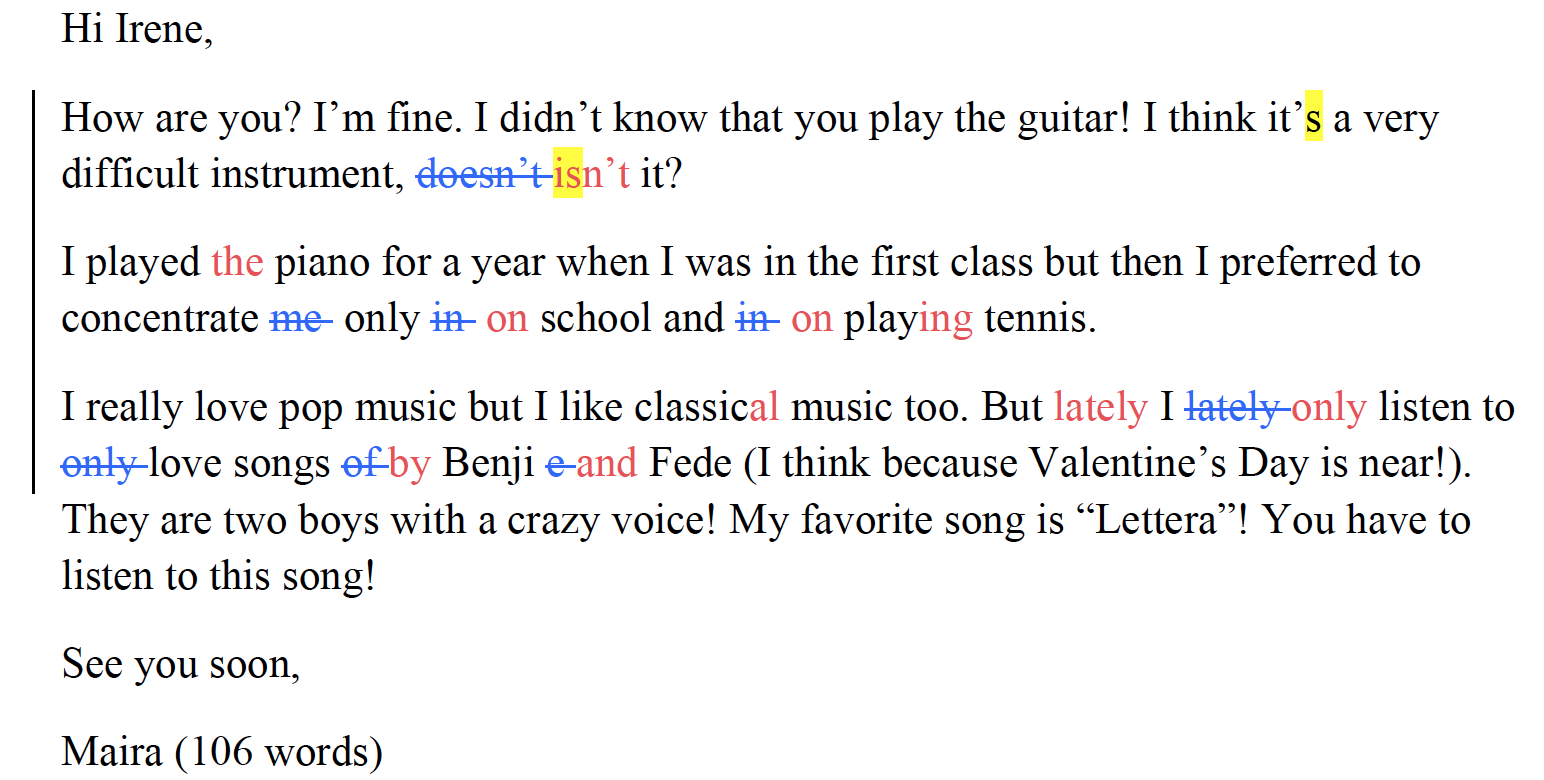
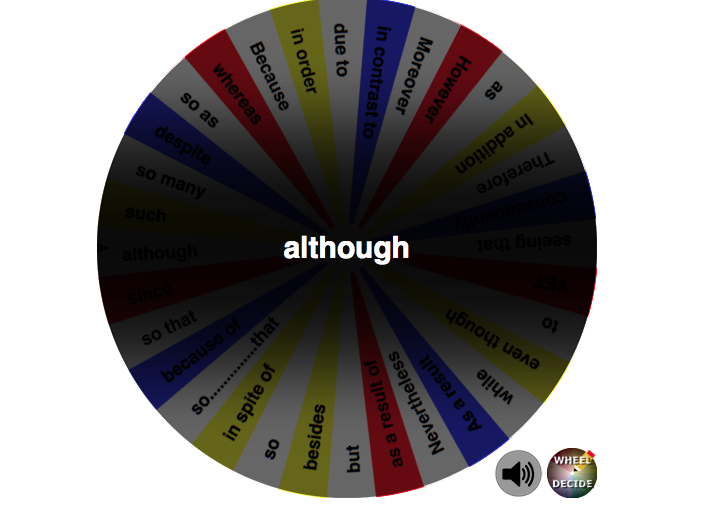
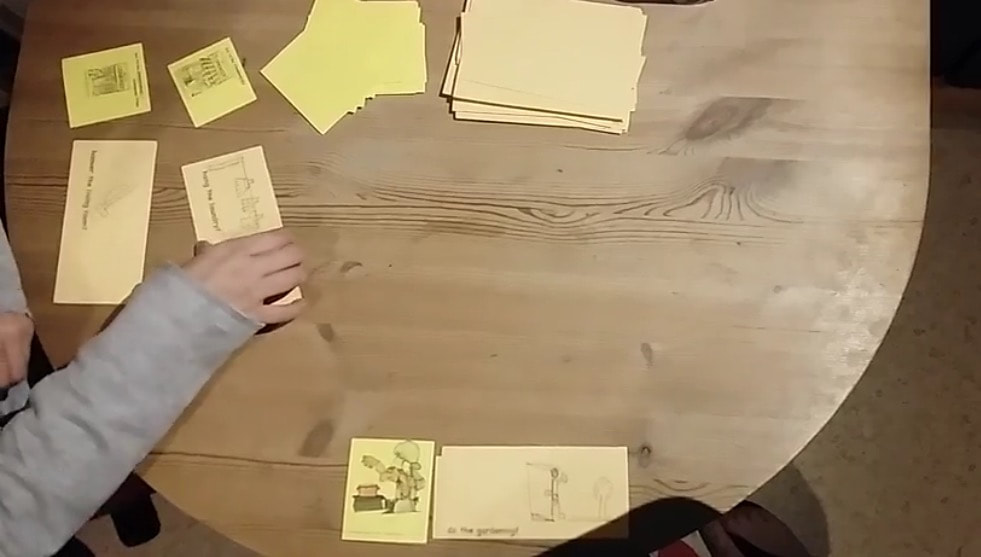
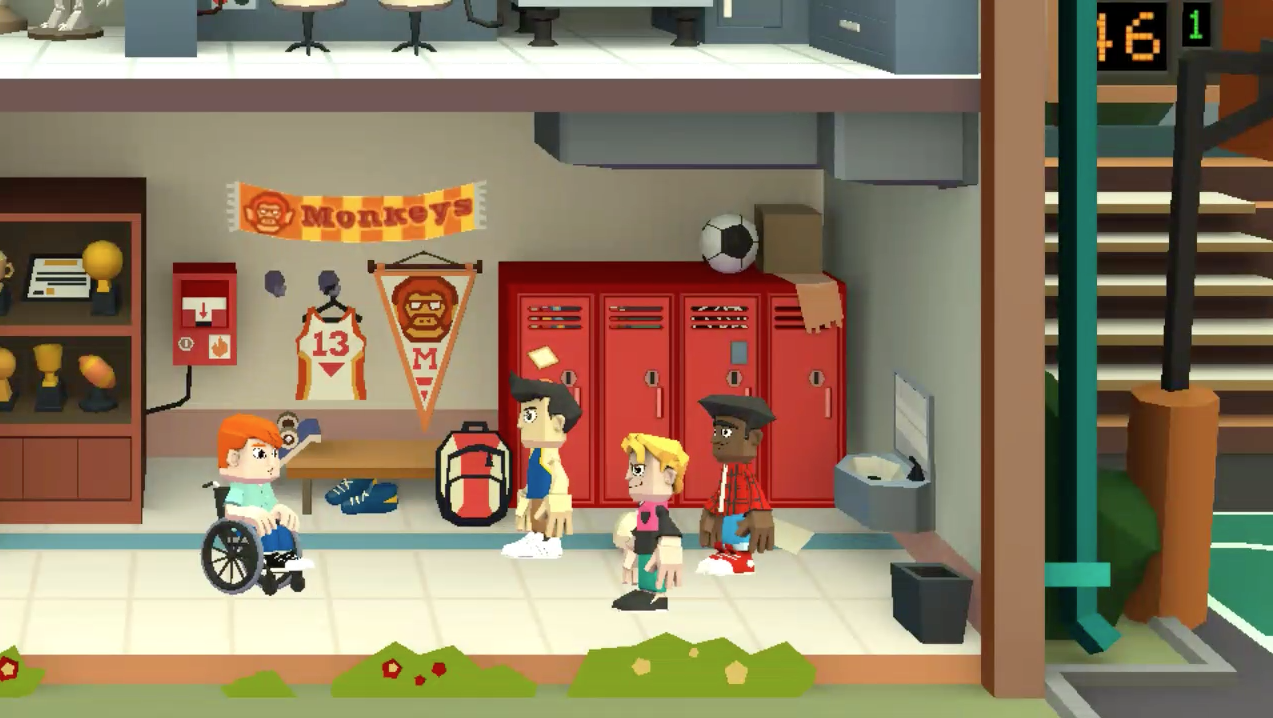
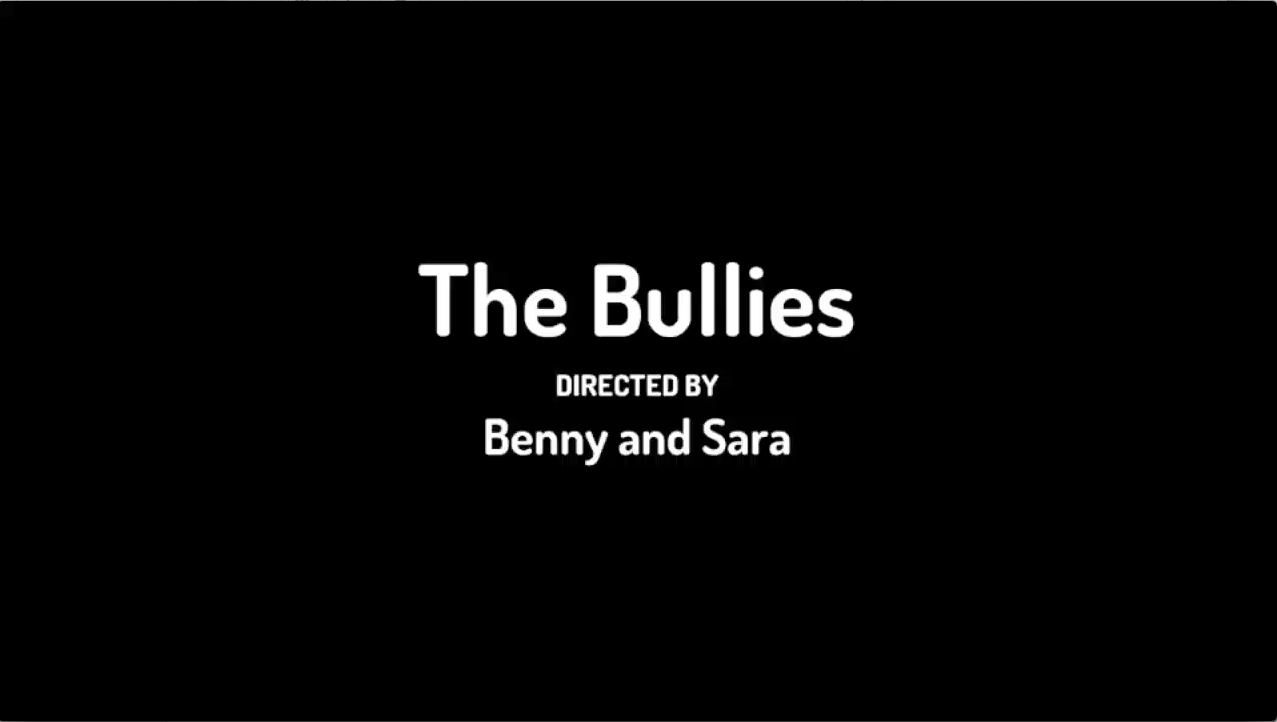
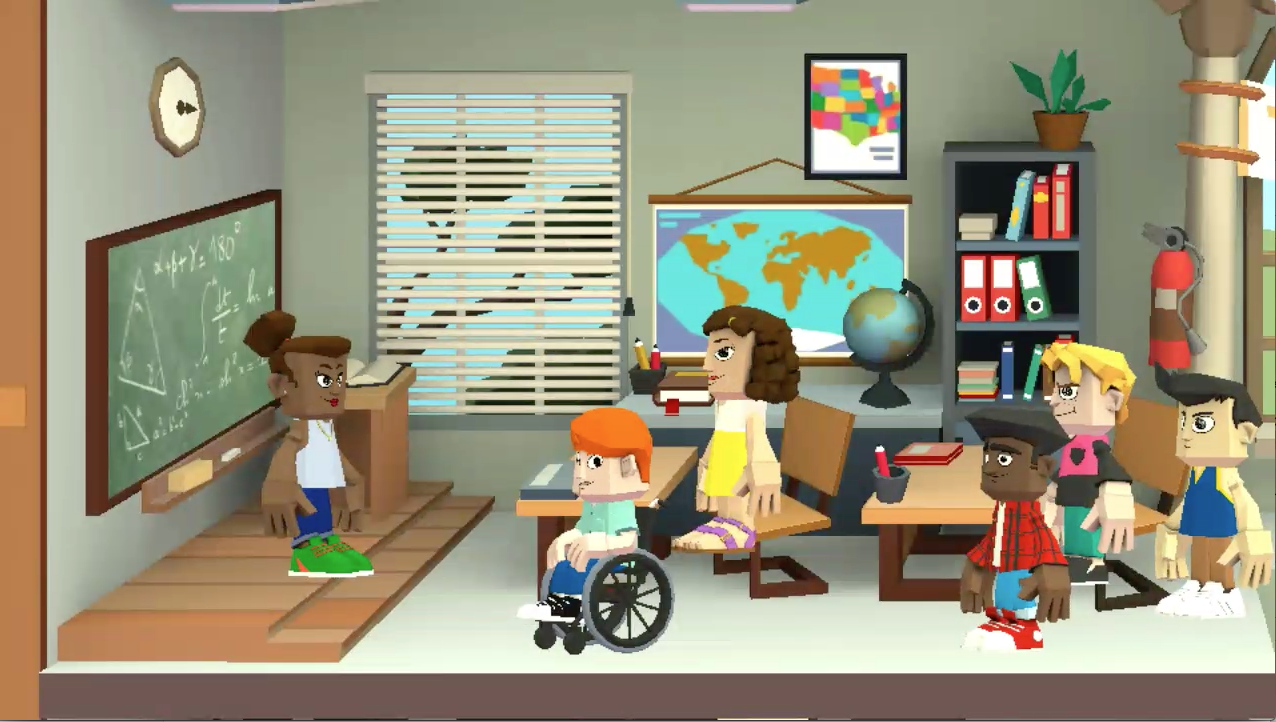
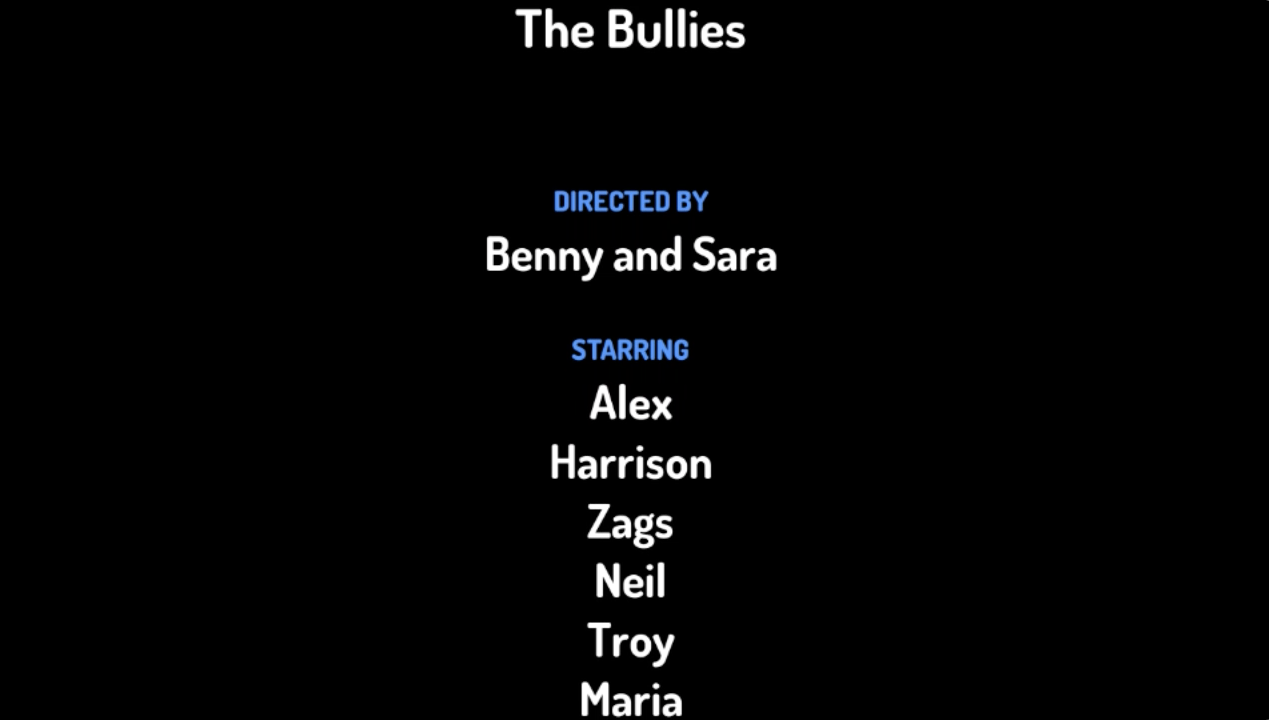

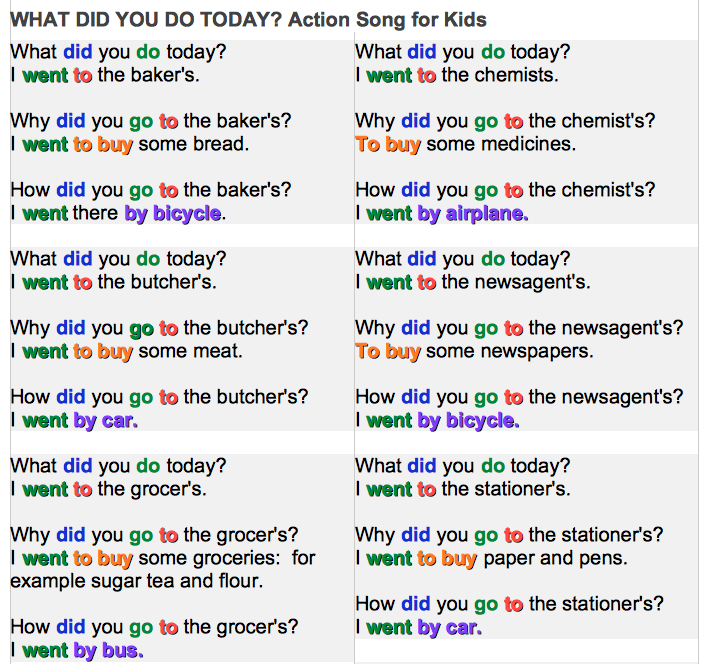

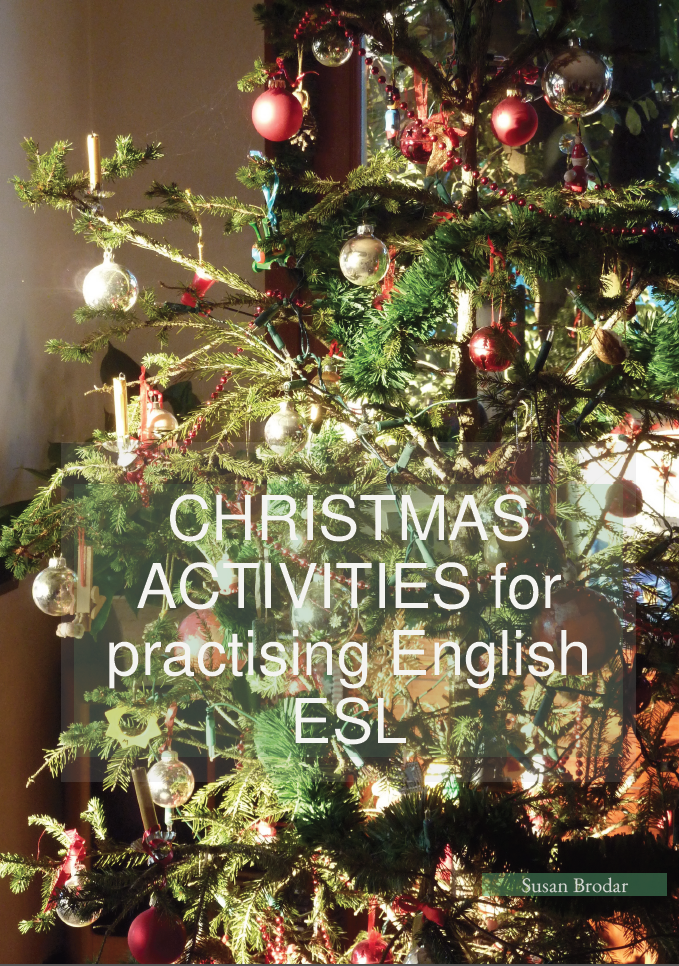
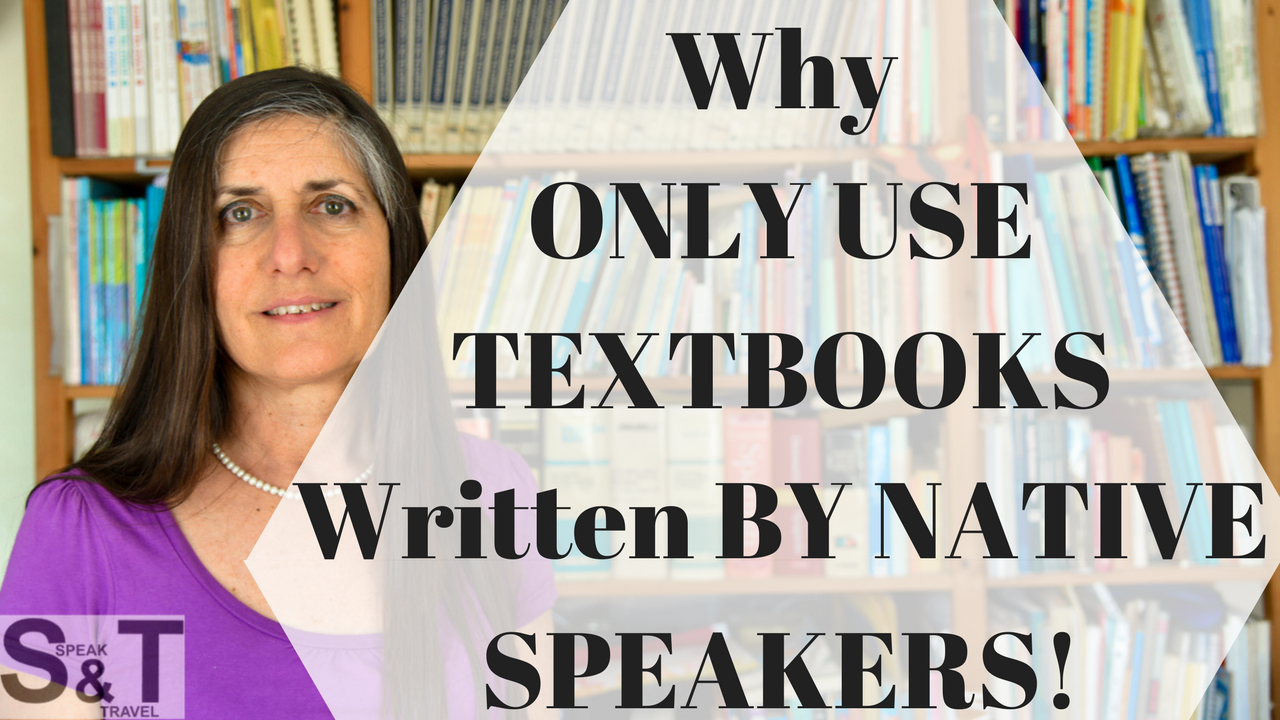

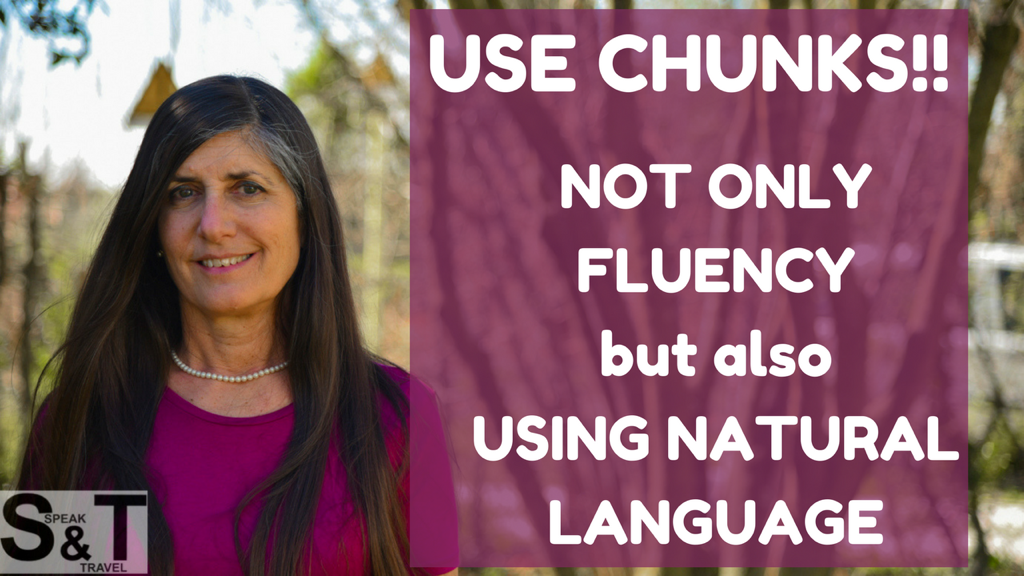



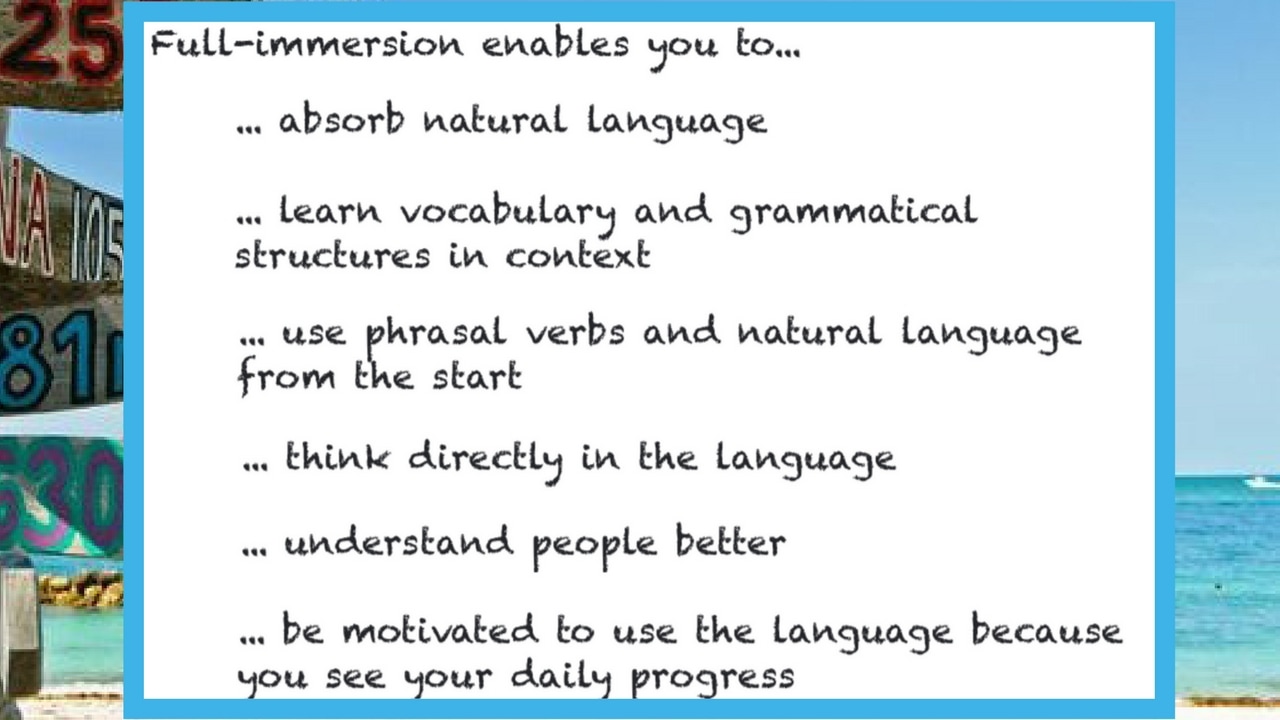
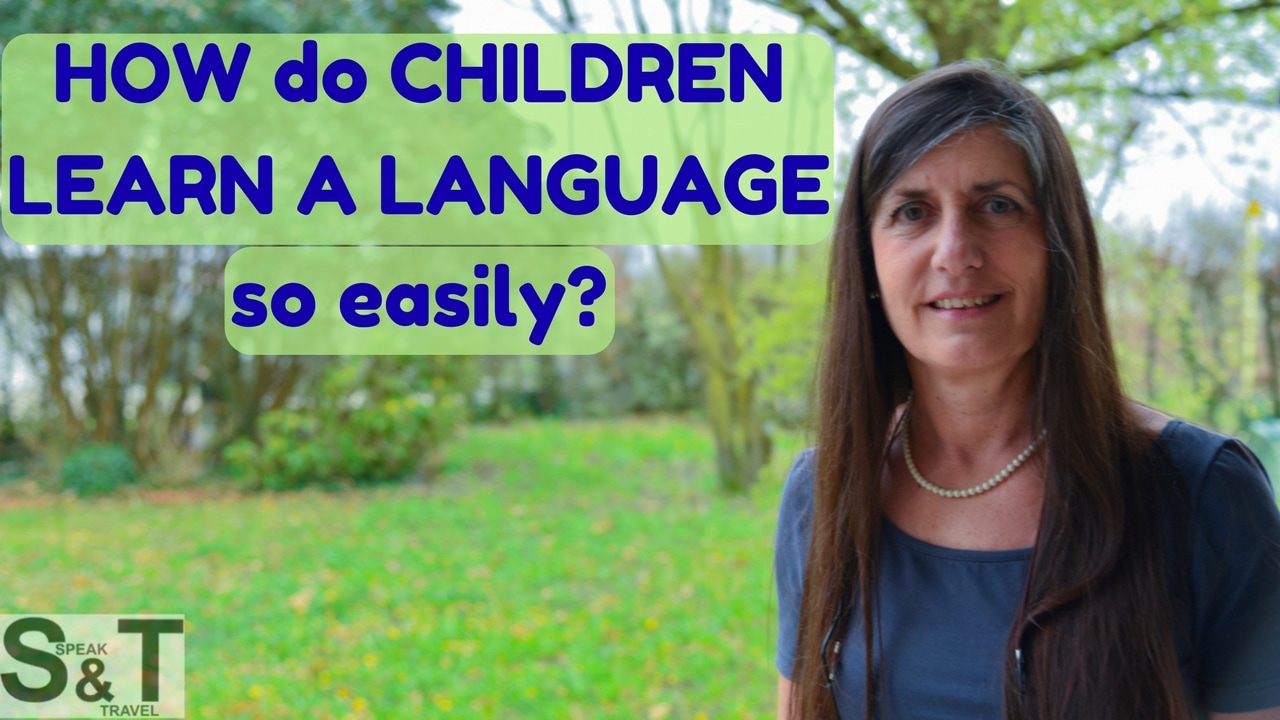
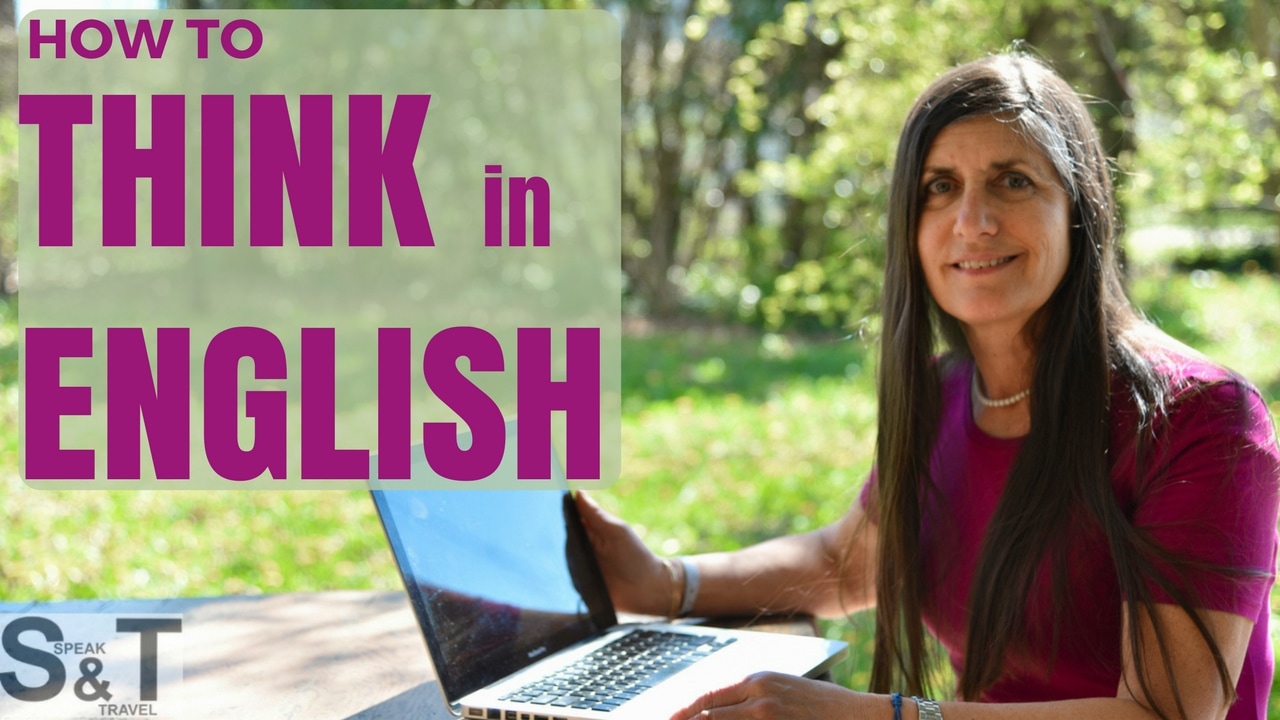
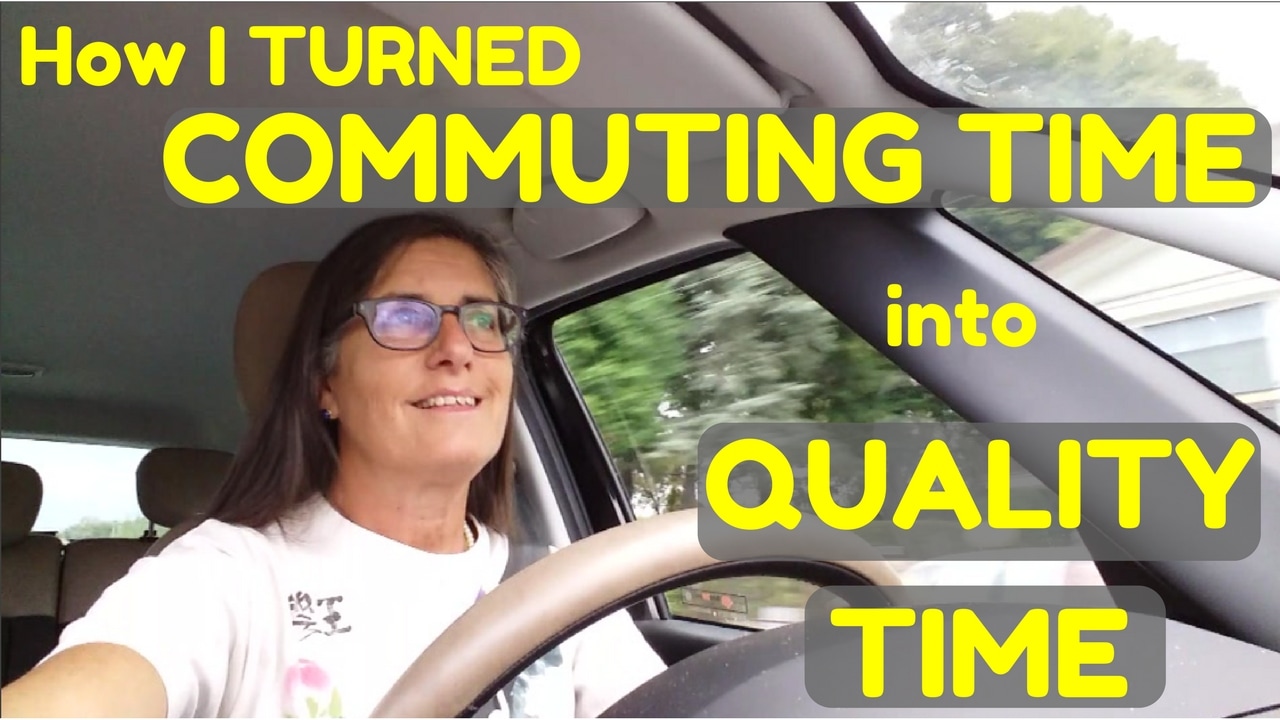

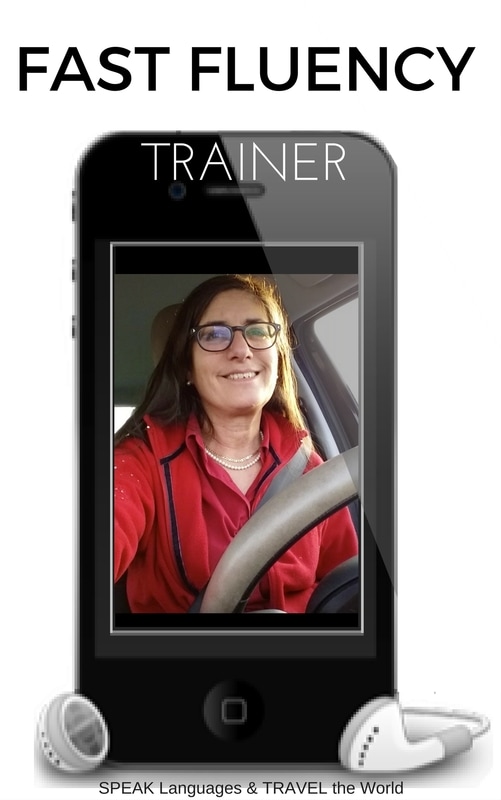
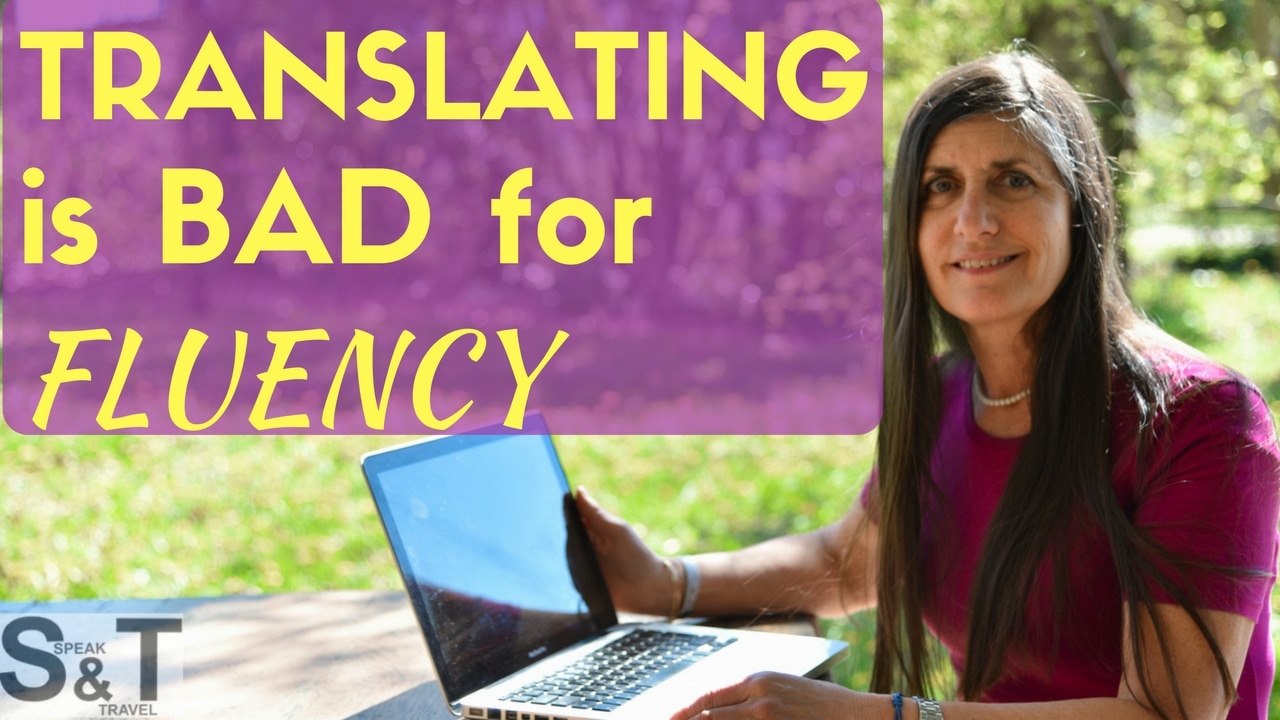



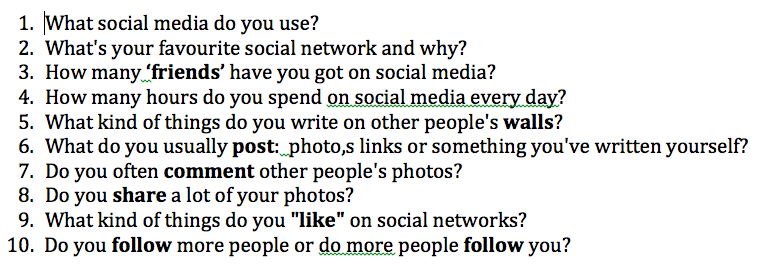
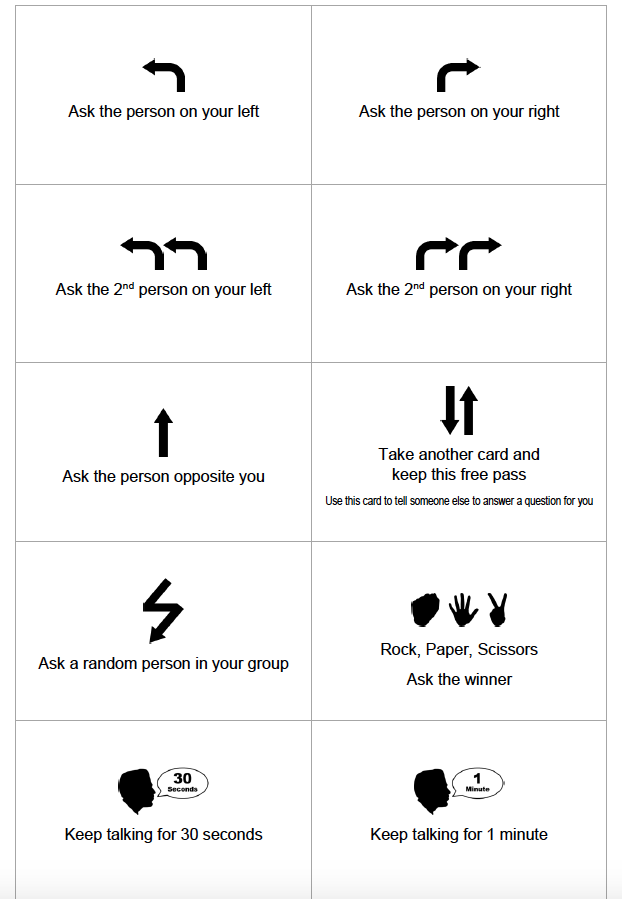
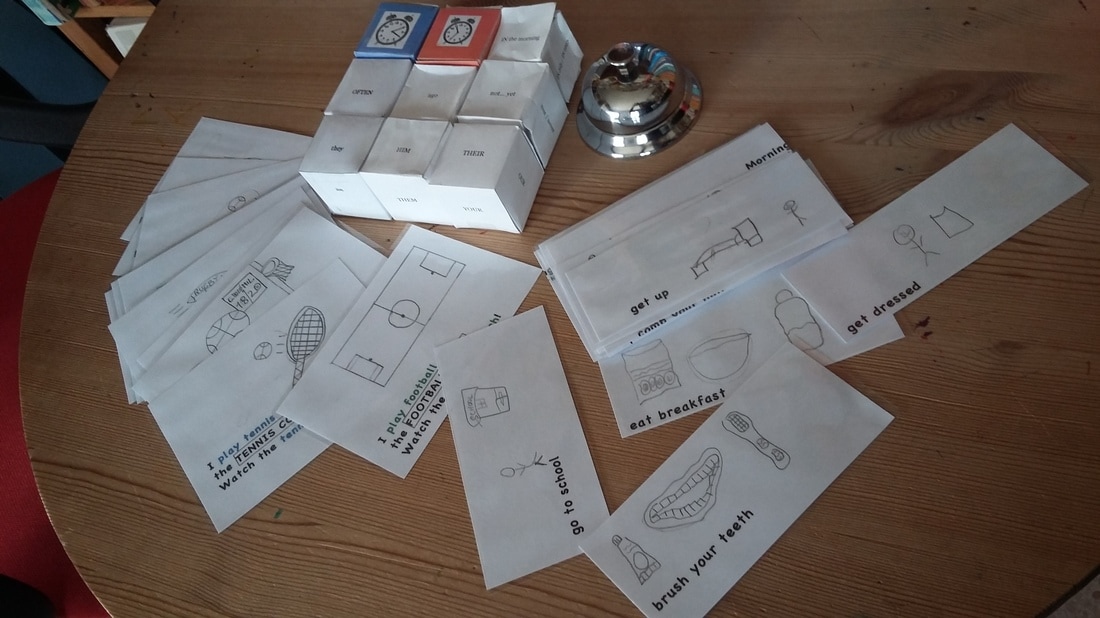






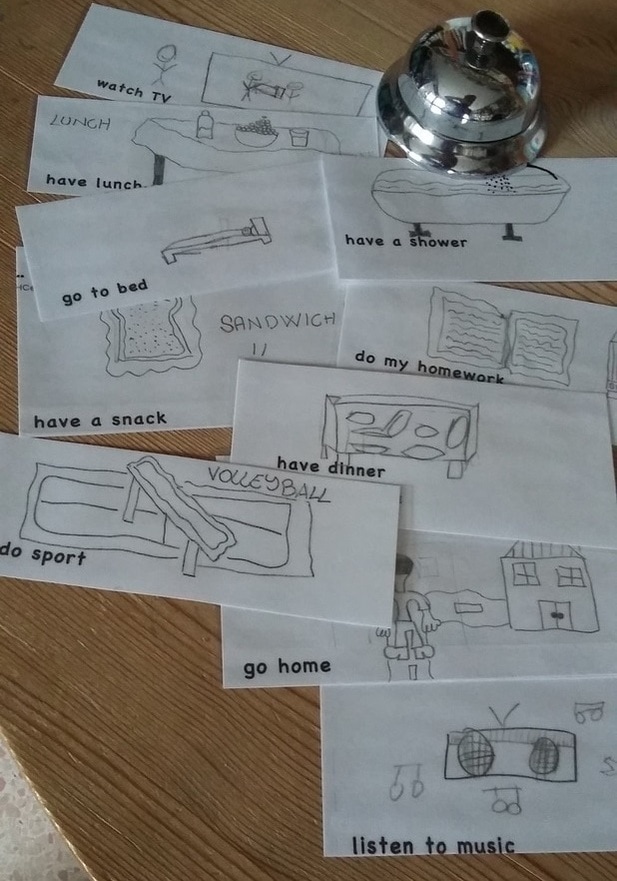
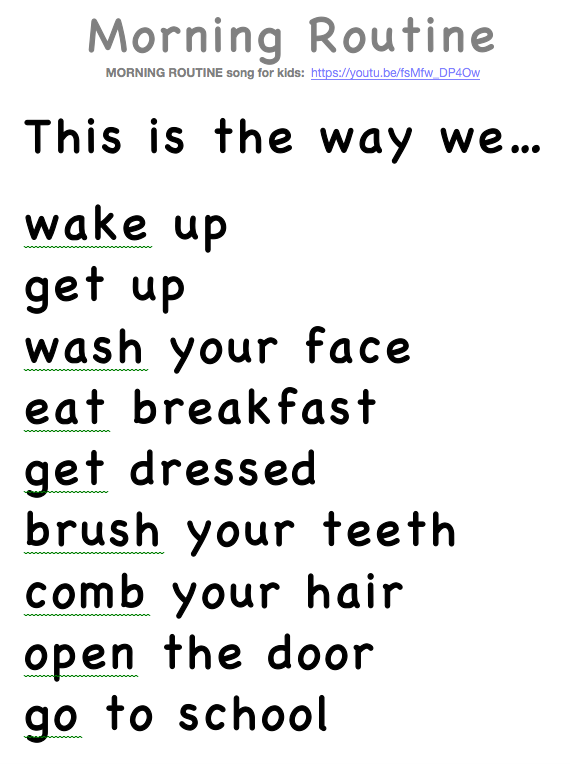
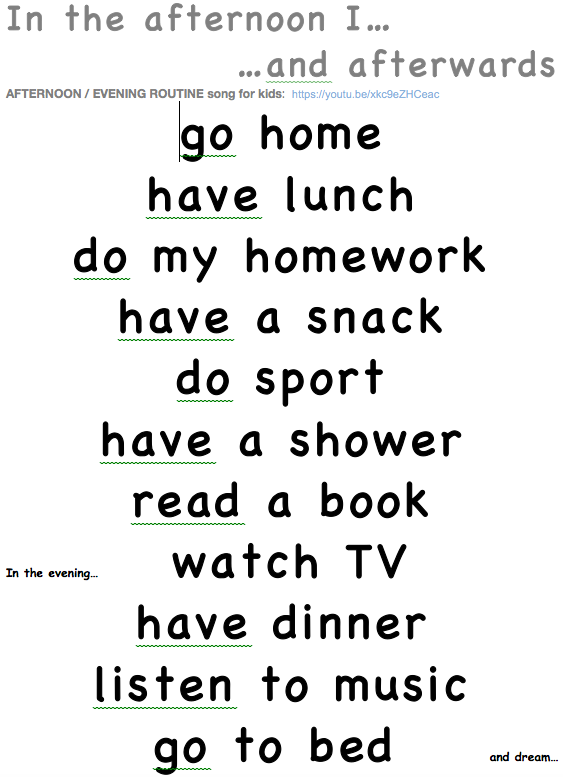

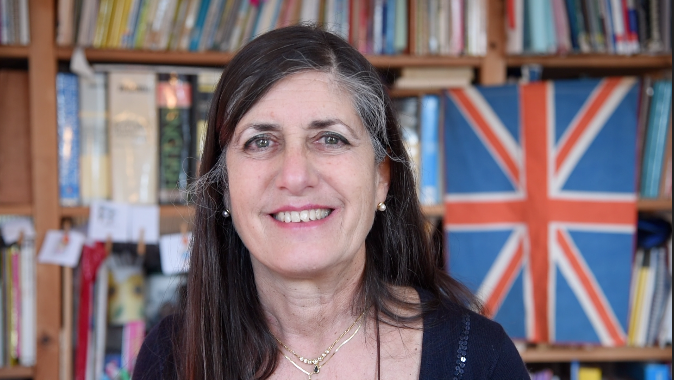

 RSS Feed
RSS Feed
